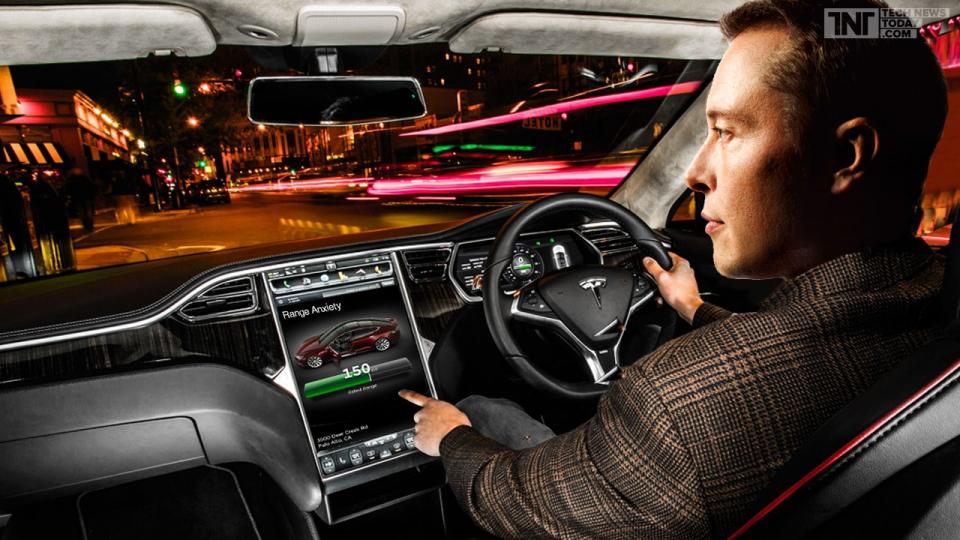
by Goosen Wynand | Feb 22, 2017 | Alibaba, Blog, BMW, China, Chrysler, Connected Car, Faraday Future, Future Mobility, GM, LeEco, Self-driving car, Self-driving cars, TESLA, Waymo
The barriers to entry into auto manufacturing became ever higher over the last 100 years before the disruption caused by technological advances in electric vehicles and self-driving technology. Most of the auto brands that were around at the turn of the century have been around for 50 years or longer; the only newcomers was a spate of Chinese brands backed by the government. For an individual to reach the top 50 position on the Forbes list from vehicle manufacturing was only possible if your parents left you a trust fund with a bunch of 100-year-old stock in a big brand. In fact, the only Forbes Top 50 billionaire from the auto sector was the German’s, Herbert and Johanna Quandt who owned nearly 50% of BMW and Georg Schaeffler (Number 39 on Forbes 2016 list) who inherited the automotive parts company, Schaeffler Group. After their passing of Johanna Quandt, the children, Susanne Klatten (Number 38) and her brother Stefan Quandt (Number 48), became the beneficiaries. Mrs. Klatten invested her fortune in pharmaceuticals, helping her to gain over her brother.
Come to the turn of the century and along came Elon Musk, risking it all on a technology that has been shunned for 100 years by big auto. Being a start-up in a market controlled by a couple of dinosaurs was not easy at first, Mr. Musk had to back himself in the first couple of rounds of fundraising for the electric vehicle company, Tesla. The table below shows that Elon Musk pretty much up until late 2008 lead fundraising and loan rounds. The risk paid off as Elon Musk became by far the richest person in the US auto sector and at the time of going to press Elon Musk jumped to the 83rd position, up from 94 in the official 2016 Forbes list of the world’s richest people.
[supsystic-tables id=105]
Other early billionaires in the technology include the savvy investor Warren Buffet and Vincent Bollore. Warren Buffet, the world’s 3rd richest individual through his Berkshire Hathaway, controlled company, Mid-American Energy Holdings in 2008 bought 10% in BYD, a Chinese battery company, now the world’s largest electric vehicle manufacturer. The Investment at the time was $230m. Berkshire Hathaway is also a significant minority shareholder in GM.
Vincent Bollore, France’s 10th-richest person with an estimated personal fortune of $6 billion dollars, started manufacturing batteries in his company Bollore Blue Solutions. The firm, situated in Brittany province, who’s batteries are cheaper than lithium-ion cells used in other electric cars, allows it to hold down the cost of his small vehicles.
Suddenly investing in electric vehicles became sexy. Chinese billionaires, mostly from the technology sector, were the first to climb into the auto sector, some more successful than others. The Chinese electric vehicle boom is fuelled by government incentives targeting that 8% of all new vehicles should be EV’s by 2018.
The tech billionaire and founder of BitAuto, an online vehicle sales platform, William Li started the Shanghai-based NextEV. The company raised $500M of an expected $1Bln already, sporting shareholders such as Tencent, who is also invested in Future Mobility, Hillhouse Capital, who also invested in UBER, Sequoia Capital and Joy Capital. The company invested C¥3Bln in Nanjing High-Performance Motor Plant to produce 280,000 electric vehicles per year. NextEv also signed a partnership with one of the largest Chinese auto companies, JAC Auto which will see them share technology, manufacturing, supply chain, marketing, and capital.
Tencent mentioned above is owned by the world’s 46th richest person, Ma Huateng of China, also know as Pony Ma. Tencent, which applications include the popular WeChat app, aims to leverage its tech experience in a world where connectivity and the Internet of Vehicles will drive the auto industry. The development of electric vehicle technology provides a perfect platform for tech and vehicles to meet. To this end, Tencent created a company Future Mobility and targeted an autonomous vehicle by 2020.
The Chinese billionaire, Jia Yueting, founder of LeEco which owns LeTV, the Netflix of China invested in two electric vehicle companies, LeEco, which developed the acclaimed LeSee concept vehicle and Faraday Future, developer of the disastrous FF91, unveiled at the 2017 CES. Both businesses are known for making bold statements and big ticket announcements just to be followed by press reports of cash flow and funding problems.
The Chinese internet giant, Alibaba, owned and founded by Jack Ma who is 33rd on the 2016 Forbes list, invested $160M in a fund where it partnered with SAIC, one of the largest Auto manufacturers in the China to develop internet connected cars. The first car to come from the partnership is the Roewe OS RX5, where OS stand for Operating System and using SAIC’s luxury brand Roewe as a platform. The software runs on Alibaba’s YunOS operating system. Jack Ma unveiled the car in July 2016. The Alibaba Connected Car will have its own Internet ID, not needing WiFi or GPS services, enabling it to connect and identify drivers  through their smartphones and wearables. The RX5 has four cameras providing it 360° vision and is voice controlled. The vehicle’s starting price is around $15,000 or C¥100,000.
through their smartphones and wearables. The RX5 has four cameras providing it 360° vision and is voice controlled. The vehicle’s starting price is around $15,000 or C¥100,000.
Alibaba beat other carmakers and tech companies to the finish line with the 2016 release of the RX5. In 2015 Toyota invested $1 billion in artificial intelligence research, while Apple invested $1 billion in Chinese ride-hailing app, Didi Chixing. BMW went into partnership with technology firms Mobileye and Intel, providing the automaker with operating systems and driving assistance software while Kia and Google partnered around the search engine’s Android Auto operating system.
Robin Li, number 90 on Forbes List and owner of Chinese search engine Baidu, partnered with chipmaker Nvidia in September 2016 to develop a computing platform for self-driving cars. Baidu recently received approval from the Californian Department of Motor Vehicles to test autonomous vehicles, in Google‘s back yard. Baidu also partnered with BMW on creating an autonomous car.
Now that the floodgates are open, billionaires from around the world are looking to enter the electric vehicle and self-driving sectors. The world’s fourth richest man, Carlos Slim of Mexico, announced this early this year that he would back the development of a Mexican-produced electric vehicle through his company, Giant Motors in a joint venture with Grupo Bimbo, the world’s largest bread maker. The strategy plays off in an environment where many US based automakers are contemplating bringing production back to the USA amidst President Trumps America First policy environment. Mr. Slim said the electric vehicle would be designed specifically for Mexican conditions.
Bloomberg reported that the JSW Group’s owner and Chairman and India’s 19th richest man, Sajjan Jindal, announced in Davos, Switzerland his intention to enter the Indian Electric Vehicle market by 2020. The metals tycoon expects the Indian government, like many other governments, will promote EVs once it’s more affordable.
It is clear that some of these businessmen are purely opportunistic, targeting to profit from regulation and subsidies for the promotion of electric vehicles.The majority, however, leverages their passions to bring better and more advanced options to the consumer at a much faster pace than what big auto ever moved in the last 50 years.
Although not mutually inclusive to electric vehicles, self-driving cars, deployable on combustion vehicles also, will drive the second phase of disruption in the auto sector over the next ten years. Self-driving car’s poster child is Google, owned by the 12th and 13th richest individuals in the world, Larry Page, and Sergey Brin. The company started testing it’s quirky autonomous vehicle as far back as 2009. Google recently spun the project into a standalone brand, named Waymo, meaning “a new way forward.” The company aims to partner with vehicle manufacturers instead of developing its own car. The first of such efforts was the conversion of 100 Chrysler Pacifica’s Plug-in Hybrid vehicles. Google, in many’s eyes, has lost the lead to Tesla, who’s progression was much faster and already has active Level 2 autonomy available in its production vehicles.
It will be interesting to compare the Forbes list of wealthy individuals ten years from now to one at the start of the century; we expect much more fresh faces who made their money from disrupting the auto sector. As a footnote, the lesson learned time and time again by dinosaurs in an industry are that they become too big, arrogant and slow, creating opportunities for new hungry entrants.
Picture: Source www.technewstoday.com
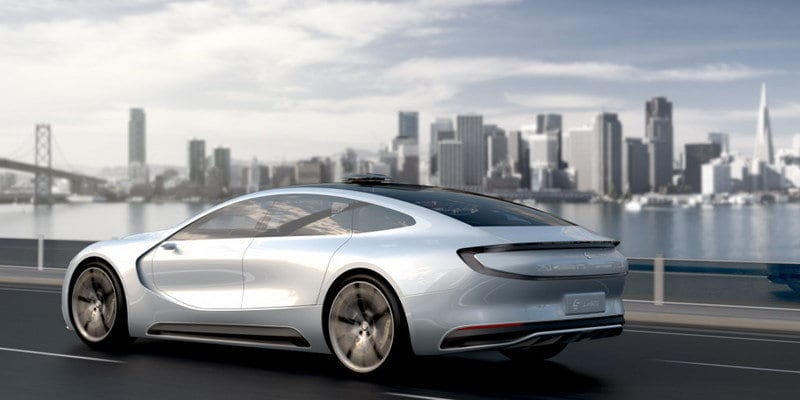
by Goosen Wynand | Feb 16, 2017 | Blog, Faraday Future, LeEco
The controversial LeEco announced the groundbreaking of its plant in the city of Hangzhou, Zhejiang Province China. LeEco, owned by the Chinese Internet entertainment company LeTV founded by Chinese businessman Jia Yueting, is entwined between Faraday Future and the LeSee electric vehicle manufactured by LeEco. Both businesses are known for making bold statements and big ticket announcements just to be followed by press reports of cash flow and funding problems. The announcement comes at a time when Faraday Future is battling to break ground on its plant in Northern Los Angeles. The company could not even pay the $21 million deposit to Aecon despite being offered $300 million by the local authorities for building the assembly plant there.
Mr. Jia Yueting, struggling to keep all the balls in the air, missed the groundbreaking as he had to take over the day-to-day activities of Faraday Future in the US, just weeks prior to the unveiling of its first production vehicle. LeEco has also partnered with Aston Martin on the RapidE, where it will help with the development of the zero emission technology. Faraday Future is said to hold the patents to the electric vehicle technology, but recent reports state that the technology is in fact held by a separate company in the Cayman Islands, creating insecurity for investors and borrowers.
Post from wattEV2Buy Top 5 EV News Week 3 2017
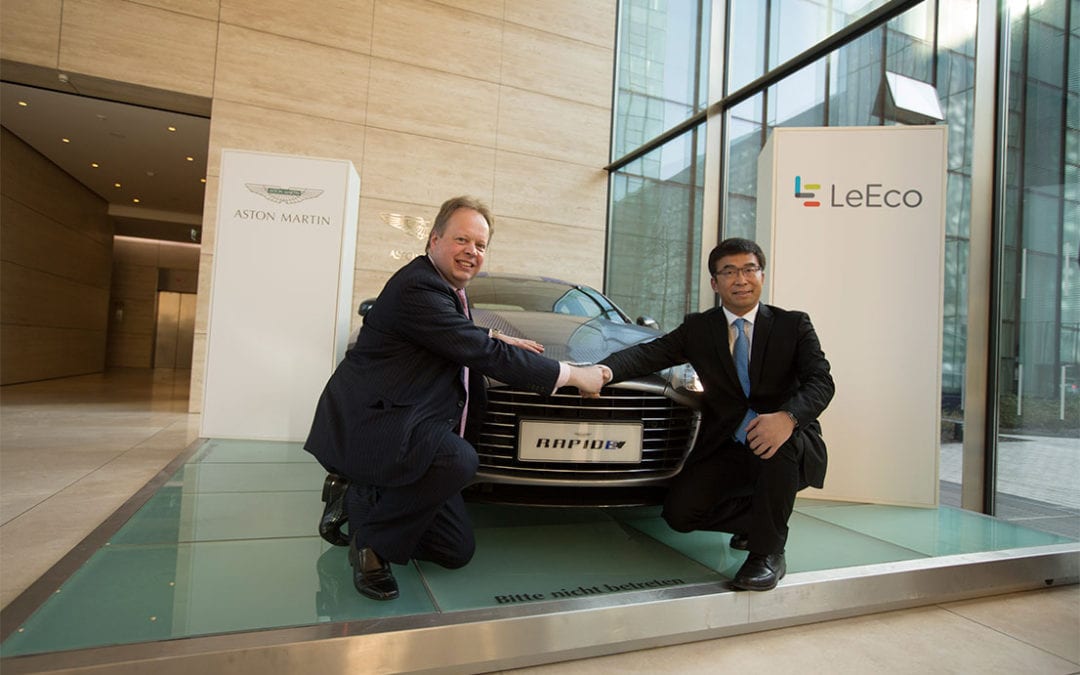
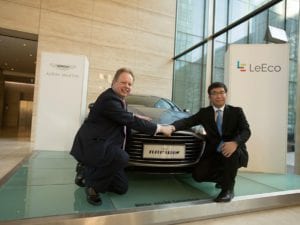 The terms of the JV was for LeEco to help with the development of low emission vehicle technologies and deliver a concept car within two years. The partnership was funded by China Equity and the Chinese President oversaw the signing of the agreement. It was expected that the concept car will produce more than 1,000hp. The partnership also extended to the Rapid E 2018 model which is expected late 2017 and would have incorporated the latest LeTv Internet of the Vehicle (IOV) system. It is uncertain how the breakdown in the partnership will impact on the release of the performance saloon.
The terms of the JV was for LeEco to help with the development of low emission vehicle technologies and deliver a concept car within two years. The partnership was funded by China Equity and the Chinese President oversaw the signing of the agreement. It was expected that the concept car will produce more than 1,000hp. The partnership also extended to the Rapid E 2018 model which is expected late 2017 and would have incorporated the latest LeTv Internet of the Vehicle (IOV) system. It is uncertain how the breakdown in the partnership will impact on the release of the performance saloon.







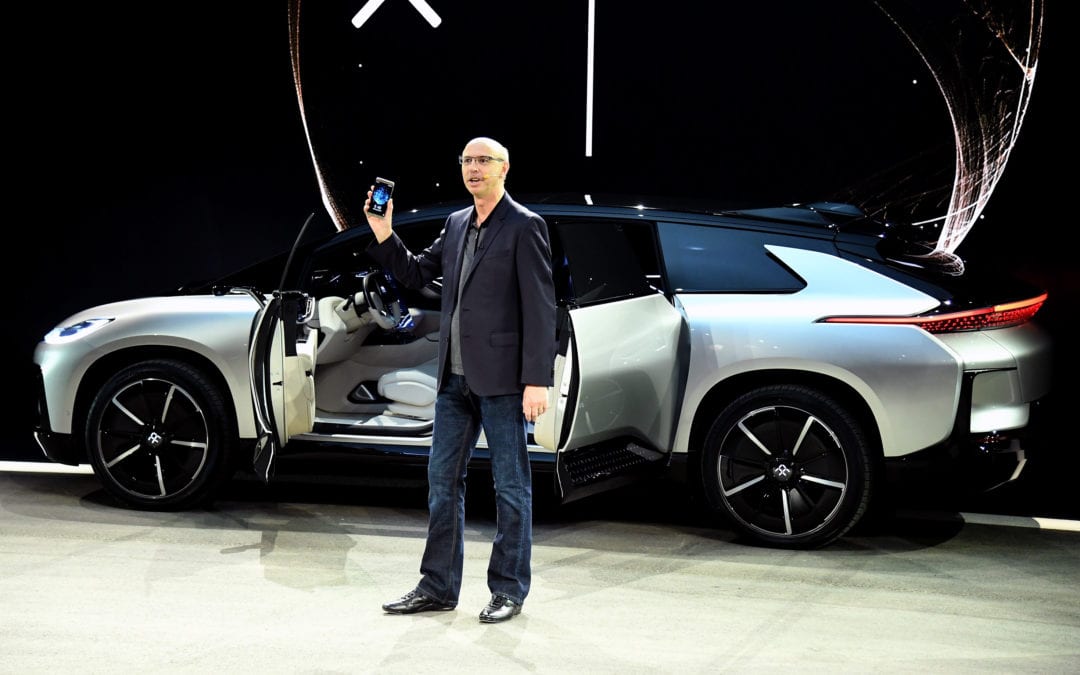

 through their smartphones and wearables. The RX5 has four cameras providing it 360° vision and is voice controlled. The vehicle’s starting price is around $15,000 or C¥100,000.
through their smartphones and wearables. The RX5 has four cameras providing it 360° vision and is voice controlled. The vehicle’s starting price is around $15,000 or C¥100,000.